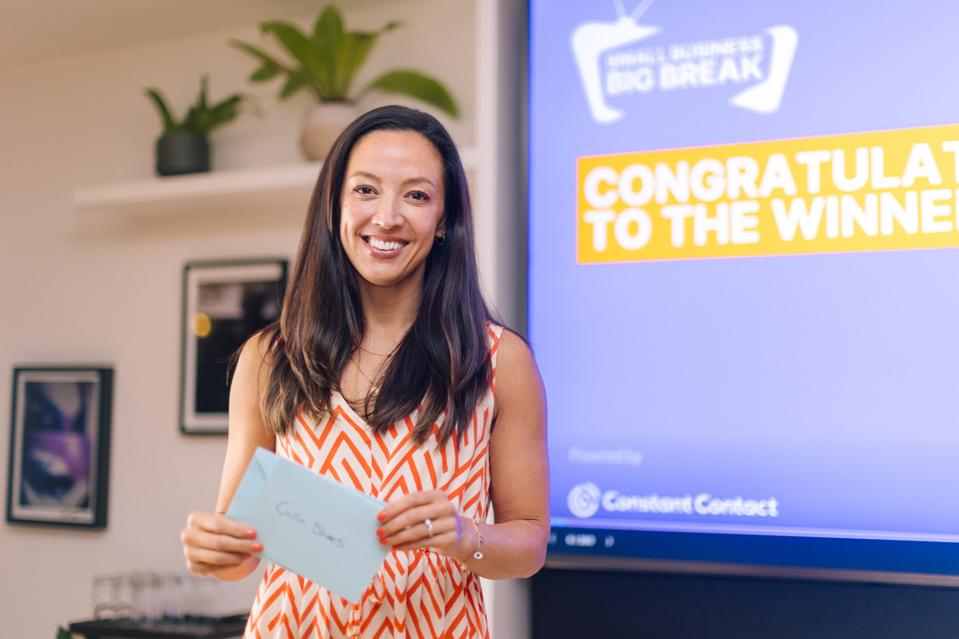“If you can’t see it, you can’t be it.” This maxim – often attributed to the former world No. 1 tennis player Billie Jean King – holds as true for entrepreneurship as it does for sport. This is because entrepreneurship is contagious. It’s important to understand how the desire to start a business spreads, and we know that it proliferates more effectively when peers are similar – in gender, age, background or geography.
Now the science bit. Making use of twin studies, researchers are able to disentangle the impact of genetics from the environment. It turns out that adopted sons are more likely to become entrepreneurs if either parent is an entrepreneur, but the effect of entrepreneurial fathers on sons is more than twice as strong as the effect of entrepreneurial mothers. For daughters, the pattern is even more striking: adopted daughters are more likely to become entrepreneurs only if their mother is one. Entrepreneurial fathers had no effect on their daughters’ outcomes.
In other words, if we want more women starting companies, we need more visible female entrepreneurs. And not just visible in the next generation’s homes – but also to young women and to future founders who’ve never met someone like them building a business.
If we take the research seriously, then the way we inspire entrepreneurship should change too. It suggests interventions are most powerful when they reach people with no previous entrepreneurial exposure – and when the messenger is someone relatable. It’s not enough to talk about success; the person who’s speaking matters too. If they are too different, then the intervention just doesn’t cut through.
That’s why it’s great to see three trailblazing women in the United Kingdom recently earn a chance to put themselves and their businesses in front of millions. Natalie James, founder of sustainable skincare brand helloSKIN, Jennifer Bailey, founder of problem-solving footwear brand Calla Shoes, and Lauren O’Donnell, founder of overnight-oats brand Oatsu, beat out thousands of applicants to win Constant Contact’s ‘Small Business, Big Break’ competition (run with Enterprise Nation), which includes winning prime-time TV advertising on Channel 4 – one of the UK’s major broadcast networks.
For these entrepreneurs, the TV exposure is about more than just marketing – it’s validation and inspiration. “This TV opportunity will help us spread the word about our dissolvable masks and inspire more consumers to glow responsibly,” said helloSKIN’s James. “As a woman of color, I’ve always been conscious that my skin can dry out quickly, and it was crucial to create products that focus on hydration as well as sustainability and reducing waste.”
Bailey, who started Calla Shoes after struggling to find comfortable wedding shoes for her bunions, noted that: “Calla now has an incredible opportunity to reach millions of homes in the UK with our mission to help all women stand tall and confident in their footwear – I can’t wait to see us on TV in the run-up to Christmas.” O’Donnell, who began Oatsu at her kitchen table, called the Channel 4 showcase “a game-changer, helping position Oatsu as the UK’s leading healthy-breakfast brand.”
If we’re serious about closing the gender gap in entrepreneurship, visibility isn’t window dressing; it’s a lever for economic change. Their success stories belong on prime-time TV, in classrooms and around dinner-table conversations. Because when more women can see it, more will believe they can do it too.

